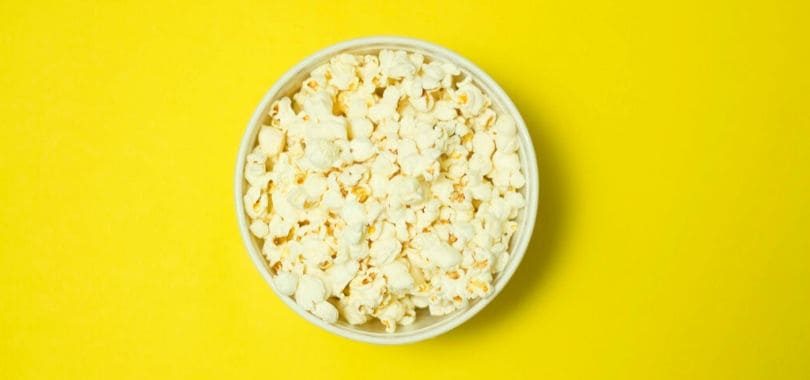We’ve all been there–you’re on your sixth hour of studying in the corner of the library, you ate dinner before you started your study session…and now you’re hungry again. The vending machine is a few steps away stacked with study snacks, like bags of chips, chocolate, and some sugary drinks, but it’s 12:30 AM.
We get it, you can’t help but feel hungry a few hours after your last meal. But, what are those late-night sugary sodas and salty snacks doing to your body once you hit the hay and call it a night?
It’s Not About What You Eat
What you eat as late-night snacks should be determined by what you’ve eaten throughout the day. The recommended daily caloric intake is between 1800 and 2400 calories for college students. If you wake up at 8 AM and don’t roll into bed until around 1:00 AM, you’re extending the hours of a typical day. That makes it a lot easier to consume more than the recommended number of calories in your day.
Throughout your body’s sleep period, your metabolism decreases by around 35%. This isn’t something you can control while you sleep. However, you can control what you put into your body to make the most out of those calories.
Going Anabolic
When your body goes anabolic it is using processing proteins and nutrients to build muscle. You might not be a body-builder, but the build-up of muscle in the body is far better than the buildup of fat. So, creating an anabolic state overnight can create a better body overall!
An anabolic state can be generated in a few ways. The easiest way is to increase your intake of casein protein. Casein protein exists in cow’s milk and actually accounts for 80% of the protein in dairy products (the other 20% is known as whey protein).

Proteins vs. Sugars and Salts
Casein digests slower than other types of protein. When you ingest casein, it reacts with stomach acid and becomes a gel which is harder for the body to digest. This gives you a feeling of fullness for a longer period of time, but with less calorie intake.
Filling your growling stomach with high amounts of sugar causes the fructose to be metabolized by the liver, where it is turned into fat. Foods high in salt content will cause your body to hold extra water in your cells, leading to water-weight gain and a bloated feeling. All of which leads to a generally unhappy body.
There’s A Better Way to Have Study Snacks
Now that we’ve run you through a health class worth of reading, let’s sum it up here. Eating food with casein protein in it for your late-night study snack will satisfy you for a longer period of time and will do good for your body as a whole.
If you’re not into chugging a glass of whole milk for a snack, here’s a list of study snacks for your midnight study cravings:
- Greek yogurt
- Low-fat cheeses with low-sodium crackers (try “hint of salt” Wheat Thins)
- Cottage cheese
- Natural peanut butter on whole wheat, low-fat toast
- A simple casein protein shake
(Pro tip: Casein protein powder can be purchased online or at a supplement store like GNC.)
So, in short, put down the chips, soda, and sugary candy, and opt for a protein-packed snack. While you’re feeding your brain until all hours of the night, do your body a favor and give it a snack that offers more than just a midnight pick-me-up.






